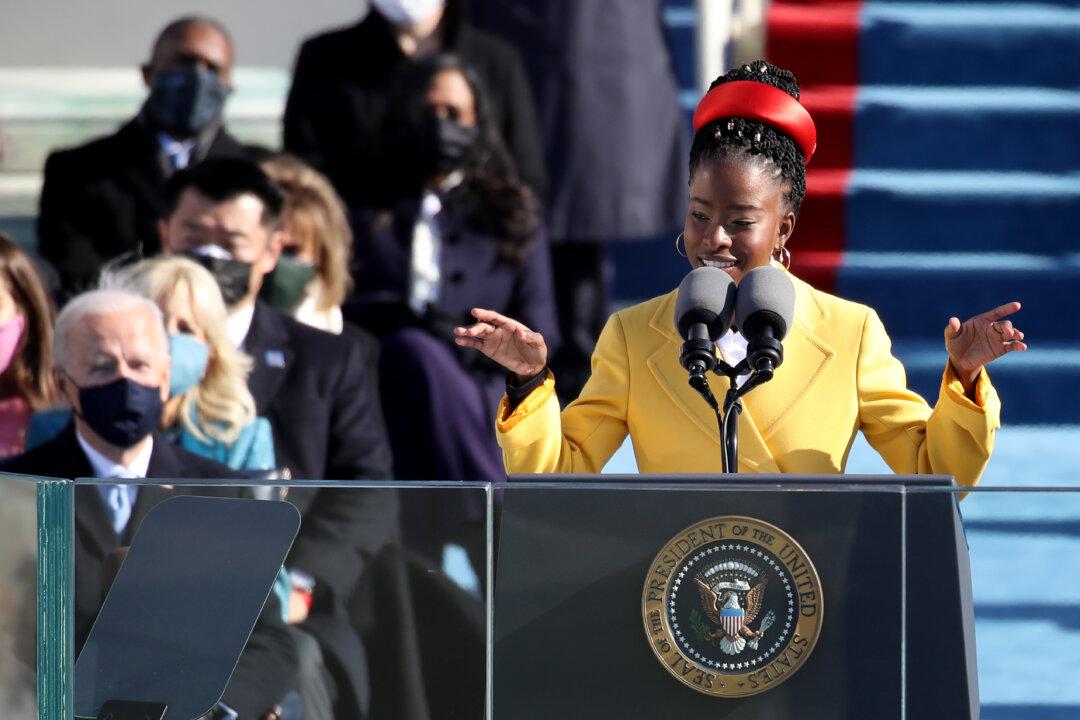Multiple news outlets falsely reported that a poem read at President Joe Biden’s inauguration was banned from a school in Florida.
The Associated Press, the Guardian, and USA Today were among the outlets making the false claims.

Multiple news outlets falsely reported that a poem read at President Joe Biden’s inauguration was banned from a school in Florida.
The Associated Press, the Guardian, and USA Today were among the outlets making the false claims.